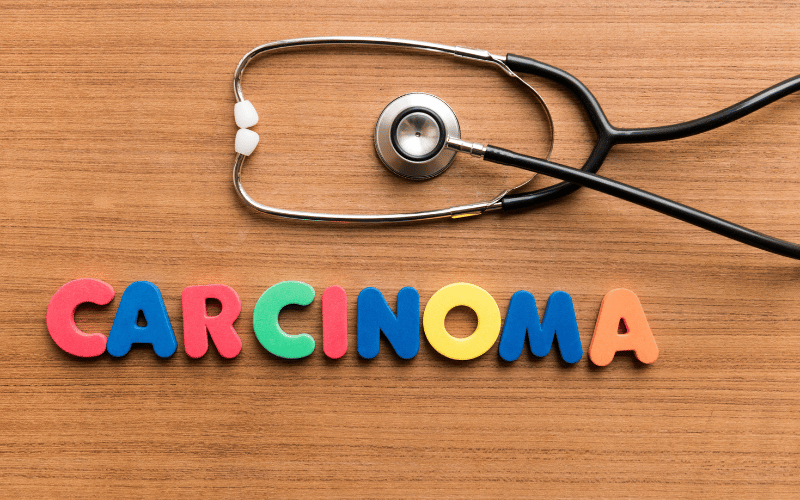Introduction: Adenosquamous Carcinoma Uncovered

Adenosquamous carcinoma: it’s a mouthful, and not one most of us hear daily. But for those who get this rare diagnosis, the impact is earth-shattering. The condition, a hybrid of adenocarcinoma and squamous cell carcinoma, presents a range of symptoms that often go unrecognized until it’s too late. Knowing these symptoms is akin to having a treasure map, one that could potentially lead to early diagnosis and better treatment outcomes.
Why is this cancer so elusive? Primarily because it’s a blend of two different types of malignancies—each with its own distinct set of symptoms. This duality often leads to delayed or incorrect diagnoses, making awareness even more critical. When you understand what you’re up against, you’re better prepared to face it head-on. No one wants to deal with a cancer diagnosis, but arm yourself with knowledge, and you’re already fighting back.
So, why should you read on? Simple: your life or that of a loved one could depend on it. No hyperbole intended. Early detection is the cornerstone of effective cancer treatment. Just as you wouldn’t drive without a seatbelt, you shouldn’t navigate your health without a foundational understanding of potential hazards. Adenosquamous carcinoma may be rare, but its symptoms are more common than you think, often masquerading as minor issues.
But it’s not all doom and gloom. This article aims to shine a spotlight on these ten telltale symptoms, helping you differentiate between ordinary health hiccups and potential red flags. Consider this a life-saving checklist, one that we hope you never have to use, but one that could make all the difference should the need arise.
Let’s peel back the layers on adenosquamous carcinoma, break down the symptoms, and give you the tools you need for early detection. Awareness is power, and you’re about to get empowered.
1. Fatigue: More than Just Everyday Tiredness

Fatigue often sounds like a vague symptom, but in the case of adenosquamous carcinoma, it can take a distinct and debilitating form. Most people brush off fatigue, associating it with poor sleep or a stressful day. But the tiredness experienced with adenosquamous carcinoma is a league of its own. It persists despite adequate rest and can impair daily functioning to a startling degree.
The reason this type of fatigue stands out lies in its biological origin. Cancer cells consume more energy as they multiply, leaving less for the body’s normal functions. This isn’t your standard sleepy feeling after a long day; it’s a fatigue that stems from a body at war with itself. Even simple tasks like showering or grocery shopping can feel like monumental efforts.
Interestingly, this fatigue often gets brushed off as a side effect of treatment, especially chemotherapy. That’s a misconception. The fatigue sets in even before treatment begins and can be one of the earliest warning signs. It also fluctuates throughout the day, unlike the more consistent tiredness associated with other illnesses or treatments. (1)